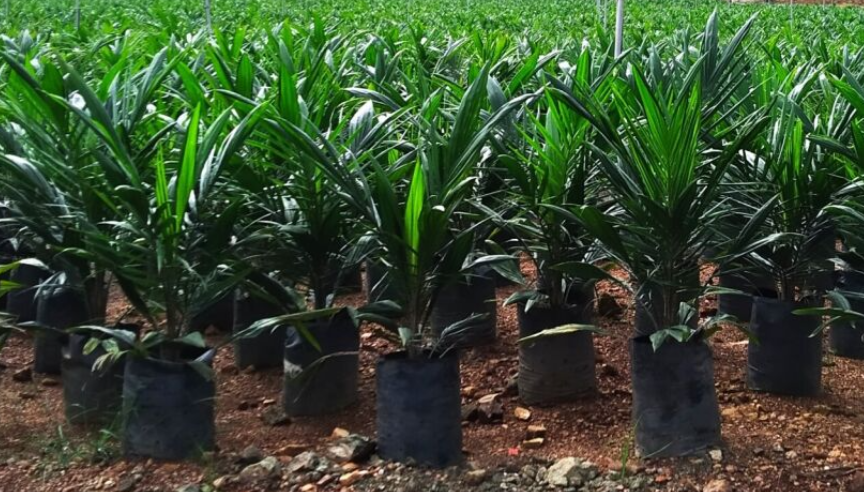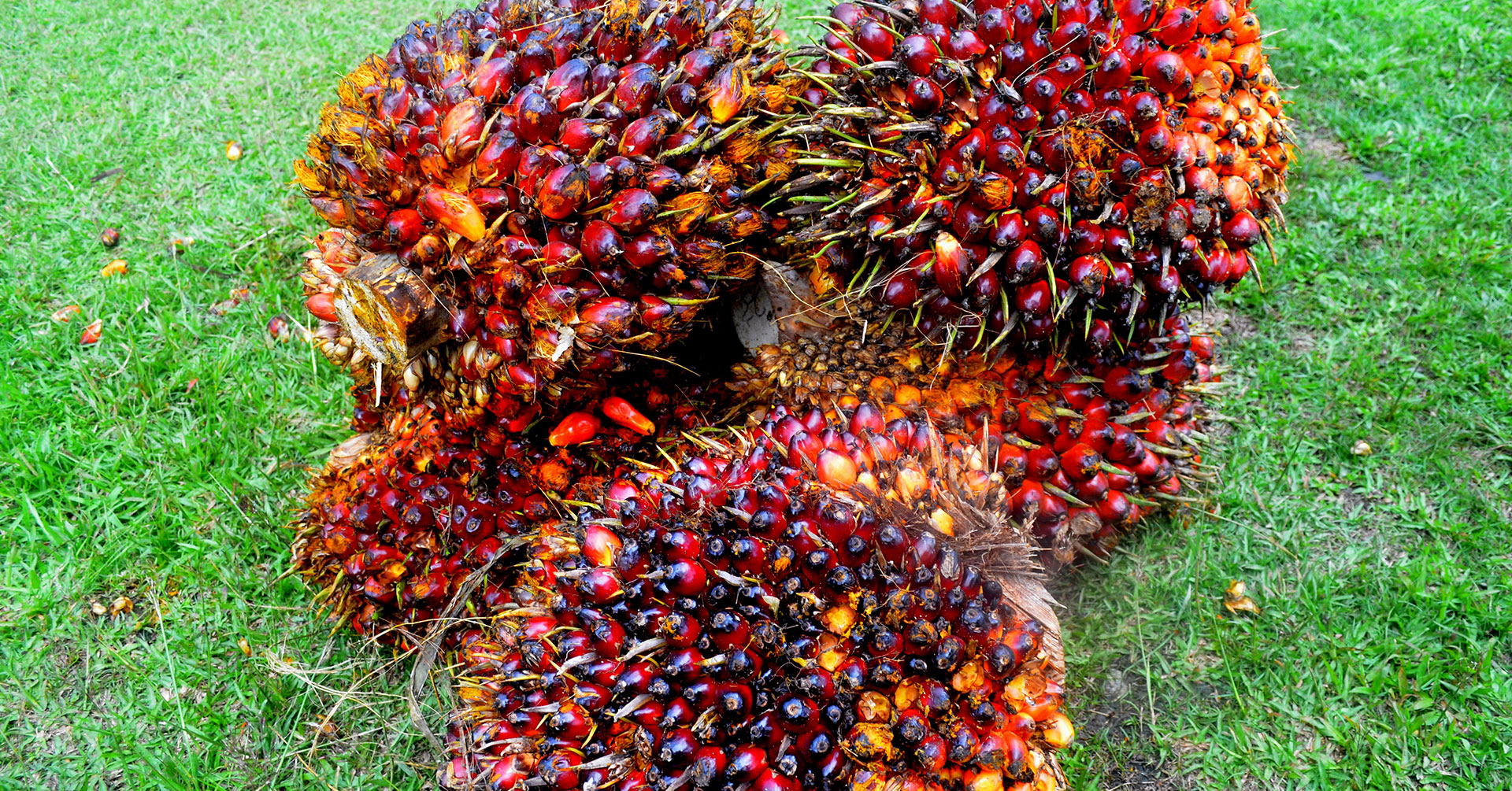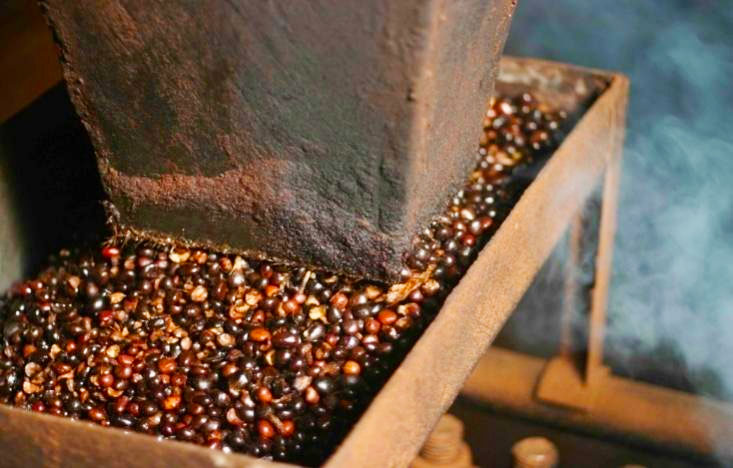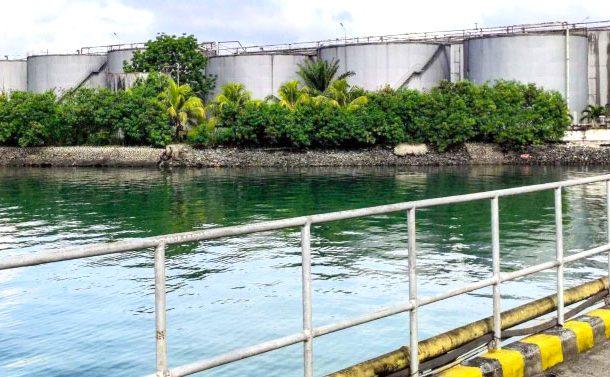Kwantas Corporation Berhad Malaysia Operations
Oil Palm Plantations

The core business activity of the Group is oil palm cultivations. As at 30 June 2024, Kwantas has a total land bank size of 41,117 hectares of plantation land situated in East Malaysia, out of which 19,271.81 hectares have been planted, leaving 21,845.19 hectares being unplanted, reserves and infrastructure area. There are altogether 25 estates within Kwantas Group.
Oil palm trees start bearing fruits from 2 ½ years and have an economic life of up to 25 years. The Group has a policy to chop-off and replant the tall palms exceed the age of 25 years which are difficult for harvesting. Kwantas has initiated its 10-year replanting programme to replant those areas with oil palm trees exceeding 25 years.
The Group has a total area of 16,716.56 hectares in the replanting programme. As at FY2022/2023, 7,787.59 hectares had been replanted, 1,983.59 hectares in progress of replanting, remaining areas of 6,945.38 hectares are expected to complete with the replanting by FY2033/2034. The Group is using high productivity palm seedlings such as Felda Yangambi, UP seeds for replanting in order to achieve a better yield of Fresh Fruit Bunches (“FFB”).
Milling
The Group has 3 palm oil mills, namely Mewah palm oil mill, Pintasan palm oil mill and Haranky palm oil mill. Kwantas operates palm oil mills that consistently achieve one of the highest oil extraction rates (“OER”) in the industry.
Milling of FFB takes place within 24 hours from the harvesting of FFB. At the mills, the fruits are first sterilized in large pressure tanks which soften the fruits as well as killing any bacteria in it.

The fruits are then removed from the bunches in the rotating stripper. From there, the fruits will pass through a screw. Press where the oil will be extracted from the fleshy fruits, leaving behind the kernels. The oil is then clarified and purified to produce crude palm oil (“CPO”).

Refinery

Within the Edible Oils Complex in Lahad Datu, Sabah, the CPO is refined, bleached and deodorized (“RBD”) at low temperature to produce RBD Palm Oil. The oil goes through a process of fractionation which crystallises the oil and then the solid RBD Stearin is separated from the RBD Olein by filtration.
Kernel Crushing
The palm kernel from the oil mills is first dried and thereafter crushed to produce Palm Kernel Oil. The oil passes through a membrane filter and is then ready for export. Palm Kernel Oil is used in the manufacturing of cosmetic products. The crushed kernel is exported to Europe as Palm Kernel Expeller where it is used as animal feed.


Bulking Installation and Port Facilities


Kwantas owns 2 private jetties in Lahad Datu, Sabah. The jetty can berth 3 ships at any one time and handle 80,000 tonnes simultaneously. In addition, the bulking tanks in Lahad Datu have a combined capacity of 129,700 metric tonnes and are purpose-built tanks equipped with advanced internal coatings compliant with international standards for the storage of both edible and non-edible oils. The crude and refined oils will be stored in the tanks until they are ready to be piped directly to the tankers which berth at the nearby jetties, a cost efficient way of transporting and handling large volumes of edible oils.
Bio Compressed Natural Gas (BioCNG)
Kwantas entered into a joint venture partnership with Cenergi SEA Berhad to develop, construct and operate a BioCNG plant in Kwantas’ Pintasan palm oil mill located in Lahad Datu, Sabah. During milling process, palm oil mill effluent (“POME”) is a wastewater resulting from the processing of FFB to CPO. If POME is untreated, it will be decomposed organically and this releases greenhouse gas such as methane and carbon dioxide to the environment. The BioCNG plant in place will generate biogas through anaerobic digestion of POME and through a process of purification and compression of the biogas, convert the biogas into BioCNG. BioCNG has gas composition similar to that of natural gas, hence enabling it to use in the same way for heating and power.
BioCNG is considered as an environmentally friendly renewable gas derived from wastes of palm oil mills that enables users to reduce carbon emissions throughout their operations. The BioCNG produced by this facility is compressed into cylinder tubes and supplied to industrial off-takers in Lahad Datu via trailers. The ultimate goal of having the BioCNG plant is to reduce carbon footprint and tackle climate change by capturing gas emissions from POME and converting into sustainable BioCNG to fulfil gas and energy demands in the East Coast region of Sabah. BioCNG can be further expanded to applications in the transportation and manufacturing sectors.
